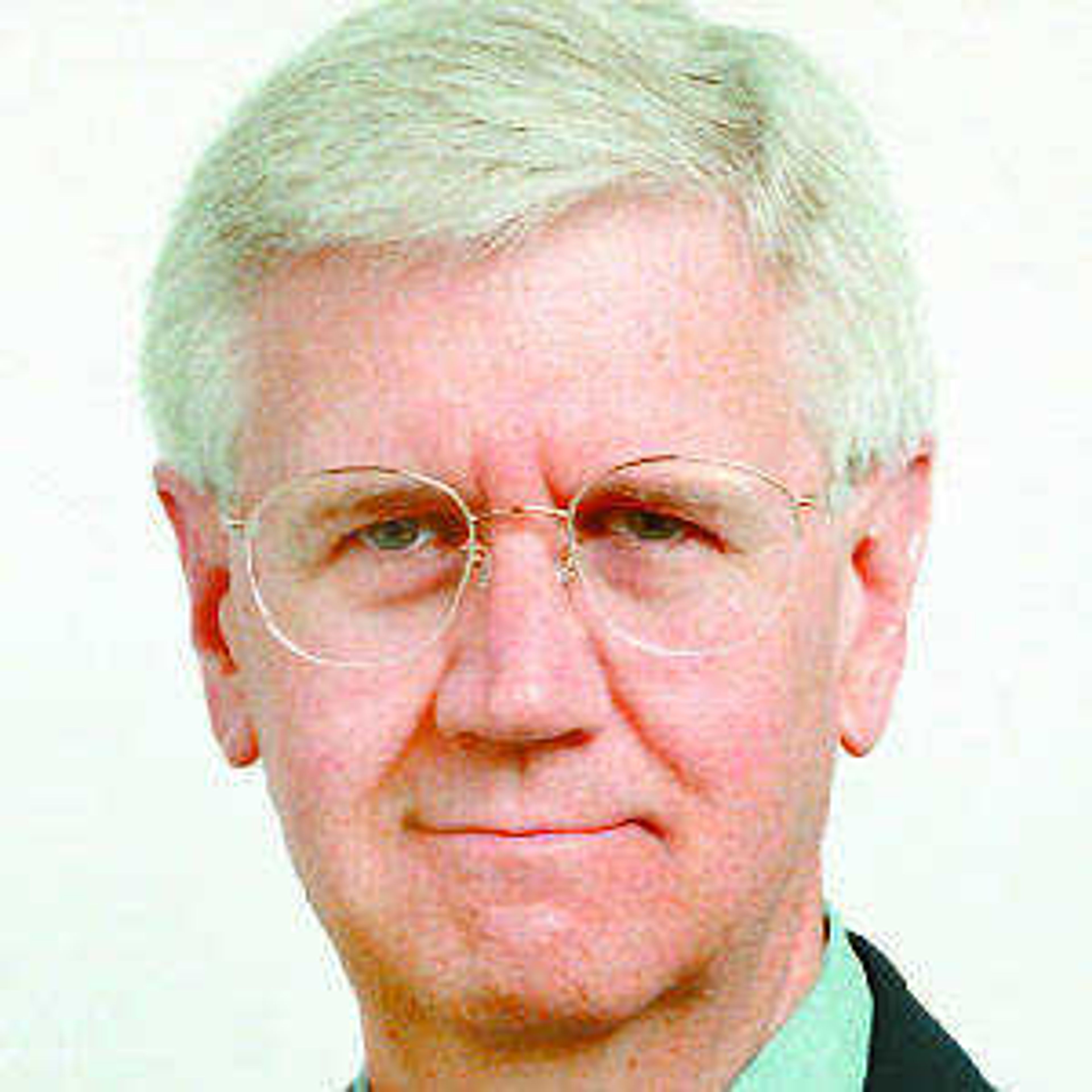A song that pushes us to action
When I read the story last week in the Post-Dispatch about the planned memorial service for Carol Bledsoe, it reminded me once again of the power of words that are sung. Bledsoe was a secretary at Christ Church Cathedral in St. Louis, whose ministries include care for the homeless in the downtown area near the cathedral. On Dec. 19, Bledsoe was stabbed to death in the cathedral offices. A homeless man has been charged with her murder...
When I read the story last week in the Post-Dispatch about the planned memorial service for Carol Bledsoe, it reminded me once again of the power of words that are sung.
Bledsoe was a secretary at Christ Church Cathedral in St. Louis, whose ministries include care for the homeless in the downtown area near the cathedral. On Dec. 19, Bledsoe was stabbed to death in the cathedral offices. A homeless man has been charged with her murder.
On Jan. 26, Bledsoe's life will be honored at the cathedral's evensong service. The cathedral's music director, William Partridge, has composed an anthem for Bledsoe, "How True Christians Live (A Hymn for Carol)."
Songs have been a part of our culture since we first used language to express our deepest feelings. Poetry put to music was used as a memory device long before there was any reliable way of recording our creeds. Much of the Old Testament was passed from one generation to the next by reciting or singing long passages. In the early Christian communities, songs were popular tools in religious education. Even heretics swayed their followers by teaching children simple songs.
Almost all of us can remember the words and tunes to songs we learned in church. Christmas carols are a good example. But there are hymns of praise, of thanksgiving, of prayer that stick with us and become a comfort to us. We hum the tunes. We sing the words. We accept the message.
Songs for special occasions also burn themselves into our memories. Wedding songs frequently are some of the most familiar religious tunes we know, even if they are drawn from pop culture and take on religious trappings as they are used over and over in church settings.
And then there are hymns sung at funerals and memorial services.
I used to think "Rock of Ages" was the theme song for tombstone carvers. Sometimes, if we're not careful, we get the wrong message from familiar hymns.
One splendid hymn has been joyfully sung at services for two of Cape Girardeau's finest men. One was John Blue, who before his death mapped out his entire memorial service, including which hymns would be sung. The other was Harold Kuehle.
The hymn is "Lord of the Dance."
This is a hymn composed in 1963 by Sydney B. Carter using a 19th century Shaker tune, "Simple Gifts," that literally makes you want to move your feet and legs and arms -- to shake -- even if you have my two left feet. And the words are stirring as well, as you can tell from the chorus:
Dance, then, wherever you may be;
I am the Lord of the Dance, said he.
And I'll lead you all wherever you may be,
And I'll lead you all in the dance, said he.
Why is this song used at funerals and memorials? Because it's based on the promise of eternal life:
I am he that lives, and was dead; and, behold, I am alive for evermore. -- Revelation 1:18.
Now William Partridge has taken words by F. Pratt Green, also written in the 1960s, and turned them into a tribute to the life and work of Carol Bledsoe.
Just as "Lord of the Dance" moves you to dance, "How True Christians Live" moves you to action. I can't think of another song that captures so well the essential Christian call to love your neighbor. Loving your neighbor, by the way, is hard work. Loving your neighbor is making sure your neighbor has food, clothing, shelter, work, hope, ambition, education, friendship, direction ... it's quite a long list, you know.
Here's an excerpt from "How True Christians Live":
When the church of Jesus shuts its outer doors,
lest the roar of traffic drown the voice of prayer, ...
Lord, make us 10 times more aware
that the world we banish is Christian care.
R. Joe Sullivan is the editor of the Southeast Missourian.
Connect with the Southeast Missourian Newsroom:
For corrections to this story or other insights for the editor, click here. To submit a letter to the editor, click here. To learn about the Southeast Missourian’s AI Policy, click here.










